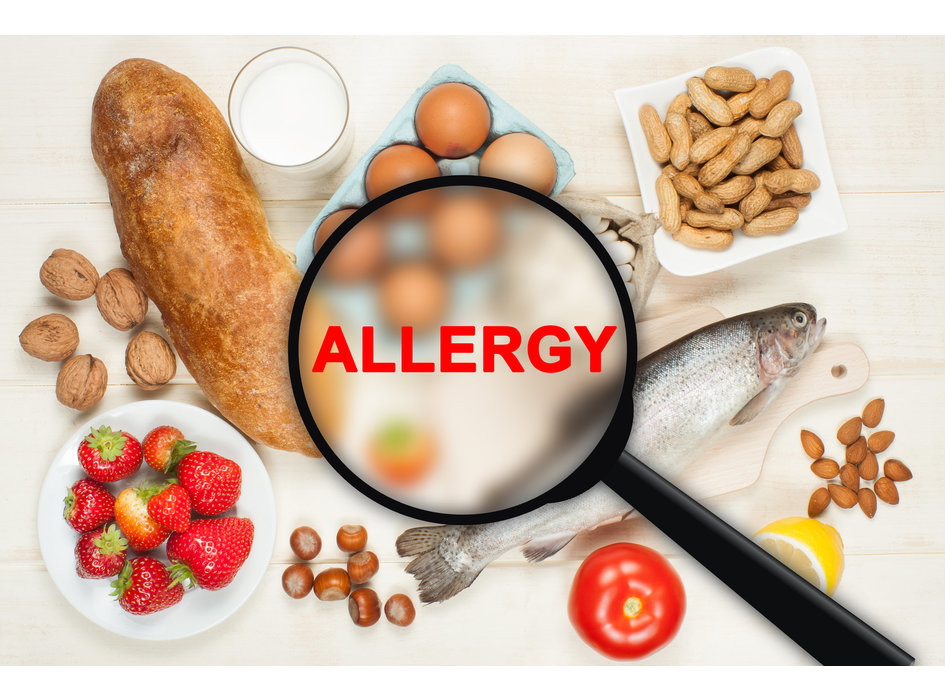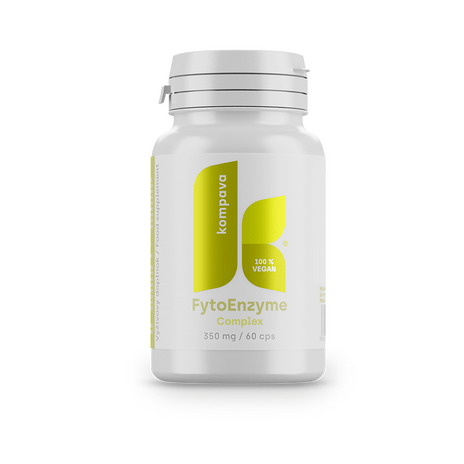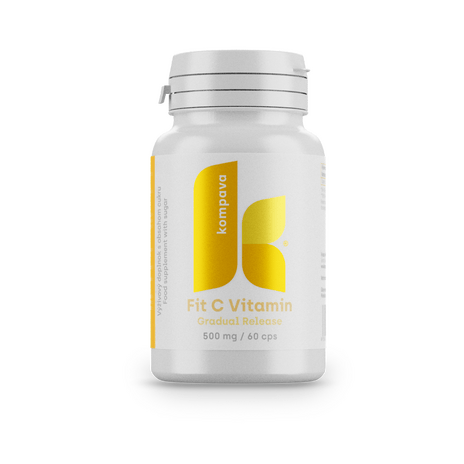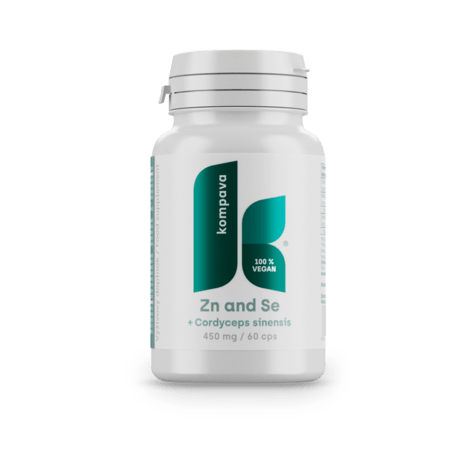Although HIT and allergies have much in common, their origins are quite different. Allergy is an immune-mediated hypersensitivity and HIT is an enzyme deficiency.

Histamine is a substance that is formed by the decomposition of histidine and belongs to the group of biogenic amines. Biogenic amines are partly made by the body itself and partly ingested by food. In foods, their occurrence is natural, but their content increases with the shelf life, exposure to microorganisms and maturation.
Under normal circumstances, histamine is an essential molecule that has several important functions in the body, for example:
1. It acts as a neurotransmitter and is important for the proper functioning of the nervous system.
2. It helps to break down food as a component of stomach acid
3. It is part of the inflammatory response mechanism that dilates blood vessels to allow white cells to reach and neutralize invaders quickly and is essential for allergic reactions.
These tasks are vital. Under normal circumstances, there is a balance between the intake, production and degradation of histamine in a healthy person. There are two enzymes in the body that break down histamine. The enzyme N-methyltransferase is used to break down endogenous, intracellular histamine.
The enzyme diamine oxidase (DAO) degrades histamine of exogenous origin, ie the one we ingested during food digestion directly in the small intestine or in the bloodstream. The functionality of diamine oxidase is genetically determined and therefore may vary from person to person.
One to three percent of the population has an innate reduced efficacy. With age, the activity of this enzyme decreases in some individuals and thus there is an imbalance between its production and the level of histamine in the body. However, the function of DAO may also be affected by some medicines that promote the release of histamine (histamine liberators) or block the activity of the DAO enzyme.

An enzyme deficiency can also be caused by a lack of its cofactors, substances that are essential for its function, such as vitamin B6, vitamin C, copper and zinc. An increase in the level of histamine in the body results in a serious impairment of quality of life in the form of unpleasant symptoms such as indigestion, difficulty falling asleep, nervousness, sneezing, stuffy nose (swelling of the mucous membranes), hives, fatigue, various skin conditions such as itching, minor watery rash, red spots, headache, changes in heart rhythm, palpitations, changes in blood pressure, asthma-like breathing problems, menstrual disorders.
HIT is not easy to recognize because the response to food is delayed.
Do you suffer from histamine intolerance? What to do?
One of the first steps for many people is an elimination diet. All foods high in histamine are removed from the diet within one to three months to see if symptoms improve. These foods are then gradually reintroduced and reactions are monitored.
A list of foods that may worsen histamine intolerance may be helpful. At the same time, some of these foods may not contain high amounts of histamine, but after their consumption they support its release in the human body. However, this does not mean that everyone needs to exclude all of the following foods:
- fermented milk products, in particular blue cheeses, acidophilic milk and probiotic yoghurts,
- citrus, berry fruit, bananas,
- yeast
- semi-finished and preserved foods
- foods containing artificial colors or preservatives
- sauerkraut and all fermented foods
- mayonnaise and tartar sauce, ketchup, mustard,
- spinach, tomatoes, eggplant, avocado
- egg white (may stimulate histamine production in some people)
- smoked, fermented meat, fish
- coffee, tea, cocoa, chocolate
- alcohol, red wine, sparkling wine, yeast beer

Foods suitable for a low-histamine diet
- Meat and poultry, fish, but only if freshly cooked
- Eggs (although white may stimulate histamine release in some people)
- Gluten-free rice and quinoa, corn porridge
- Fresh fruits - apple, grapes, kiwi, mango, pear, melon
- Fresh vegetables, asparagus, frozen corn and peas, zucchini, rhubarb, cucumber, radish, pepper, leek, fennel, parsley, kohlrabi, onion (small quantity)
- Pure peanut butter
- Dairy substitutes - almond, coconut, hemp and rice milk
- Olive oil and coconut oil for cooking
Consumption of fresh food is also the basis for alleviating difficulties, as the amount of histamine in food storage and processing is increasing. Heated foods, semi-finished products and canned food should be avoided.
One way to improve your life with histamine intolerance is to take a dietary supplement with the enzyme diamine oxidase (DAO), which helps break down histamine in your diet and thus supports the digestion of foods and beverages rich in histamine. However, in people with severe HIT, its effect may not be sufficient and medication is needed.
In addition, stress is an important trigger for histamine intolerance, so it is important not to succumb to gloomy moods and depression from your illness and to look for suitable ways to deal with it. It is important to find time to relax and meditate every day, because it is breathing techniques that reduce stress. However, stress during exercise is probably the most effective way to wash away.

Every histaminist confirms that he has periods when he has to follow a stricter diet and periods with a less strict, benevolent diet. HIT is also often associated with, for example, lactose intolerance or celiac disease. To support the function of the digestive system, the nutritional supplement FytoEnzyme Complex with digestive enzymes, which has a specific and broad-spectrum effect together with a nutritional supplement containing DAO, is also suitable.
Some scientific studies have shown that high doses of vitamin C can accelerate the breakdown of histamine and reduce its production, but long-term administration of high doses in the long term is not recommended (increased risk of urinary stones). Therefore, it is advisable to take it in several smaller doses a day (Fit C Vitamin).
The most important thing is correct and timely diagnosis. Treatment is usually lifelong and includes a suitable diet, in more severe cases drug treatment.
The information in this article is not a substitute for advice or a visit to the doctor!





